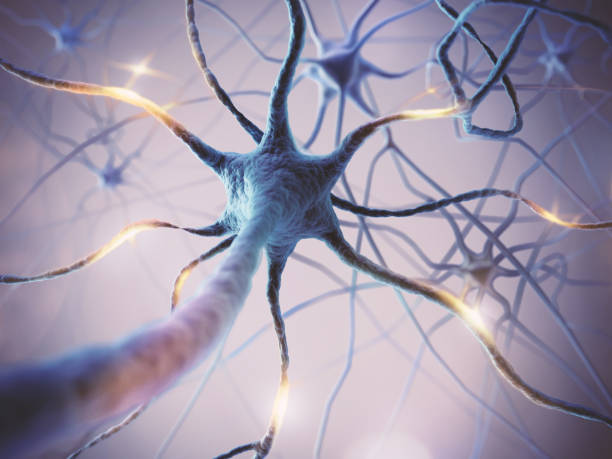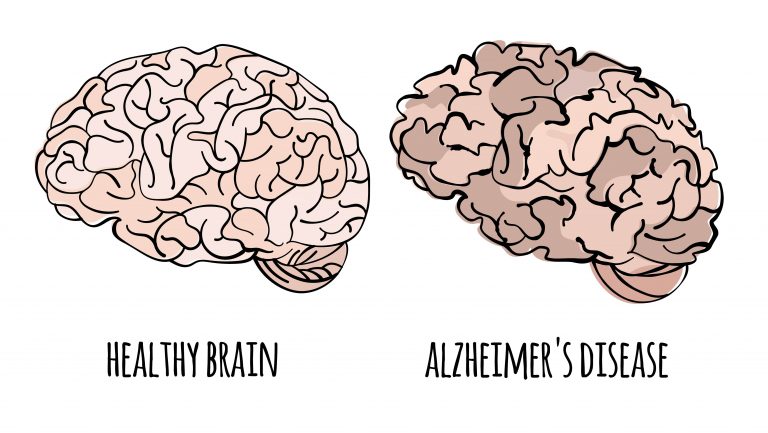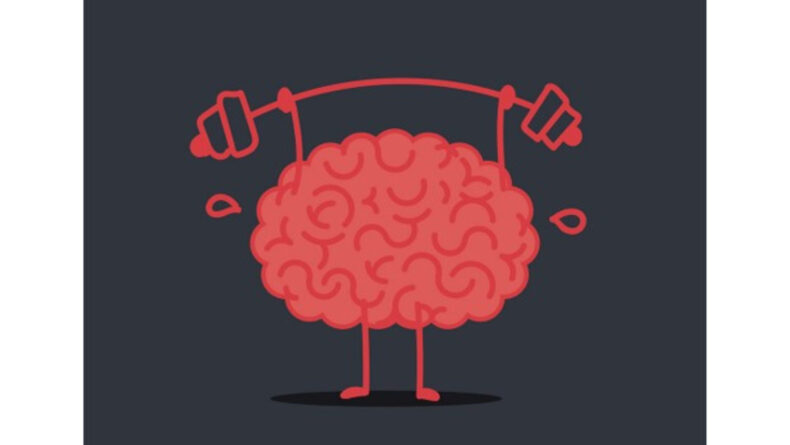
Studies conducted at Tohoku University; Japan expound on the impressive ability of lactate to aid in the development of neuronal stem cells. Researchers studied the key role of lactate in the process of neuronal differentiation from stem cells to specialized neurons and the various milieu of signaling processes that occur.
Lactate is an organic acid produced in the body resulting from the daily process of metabolism and exercise. It is produced during the process of anaerobic respiration during periods of increased stress. Lactate serves as a source of energy, aids in creating glucose during the process of gluconeogenesis, and is a potent signal for vascular constriction.
Studies report increased levels of lactate in the growing fetus during gestation, emphasizing the role of lactate in brain development. Recent studies in the past years bring light to lactate’s role in affecting blood flow to the brain, generating new blood vessels in the brain, learning, memory retention, neuroprotection, and neuro-regeneration.

Lactate: A Signaling Molecule
Studies conducted worldwide stress the role of lactate as a signaling molecule, yet the signaling process was still unknown. This is the first study that attempts to explain the signaling process between lactate and neurons. Nagatomi and team believed in a gene component that bridges the gap between lactate and neuronal signaling.
Scientists at Tohoku University confirmed their theory by mediating the process of gene regulation.
The researchers conducted a series of experiments to investigate their hypothesis. They analyzed the gene regulation in cells treated with lactate while eliminating NDRG3, a protein known to play a role in gene regulation when lactate is present, from the neuroblastoma cell line SH-SY5Y. Their findings revealed that lactate facilitates neural differentiation through mechanisms that rely on NDRG3 and also through independent pathways.
Neuroprotection and Repair
The paper explored lactate’s neuroprotective properties. The study showed that lactate is capable of shielding neurons from oxidative stress and excitotoxicity, both of which are responsible for various neurodegenerative diseases. In addition, lactate shows the potential to support neuronal repair by stimulating the proliferation of neural stem cells in areas affected by injury or damage.
Implications for Brain Disorders and Injuries

The results of this paper have wide-ranging and critical implications for understanding brain disorders and injuries. Neurodegenerative diseases, such as Alzheimer’s and Parkinson’s, involve the progressive loss of neurons and neural connections over time. Comprehending the role of lactate in promoting neuronal development and protecting existing neurons could pave the way for novel therapeutic drugs and drug targets.
In a similar fashion, traumatic brain injuries often result in long-term cognitive impairments. Lactate’s neuroprotective and neuro-regenerative properties could aid us in treating such conditions.
According to Nagatomi and his team, their discoveries are multi-dimensional as it does not only advance the fundamental understanding of lactate but also stress the groundwork for utilizing lactate signaling to promote physical activity or develop drugs for preventing or managing cognitive diseases.
Nagatomi and team’s research offers a new perspective on how elevated serum lactate levels induced by exercise can have positive effects on the nervous system. Moreover, since it is possible to measure changes in lactate levels resulting from human exercise adding to the advantages of regular exercise, studying these variations allows for a deeper understanding of how the brain’s functions, such as cognition and memory, adapt in response to these changes in lactate levels.
The findings provide valuable insights into the sophistication of the brain and open up exciting possibilities for future research and therapeutic approaches.













